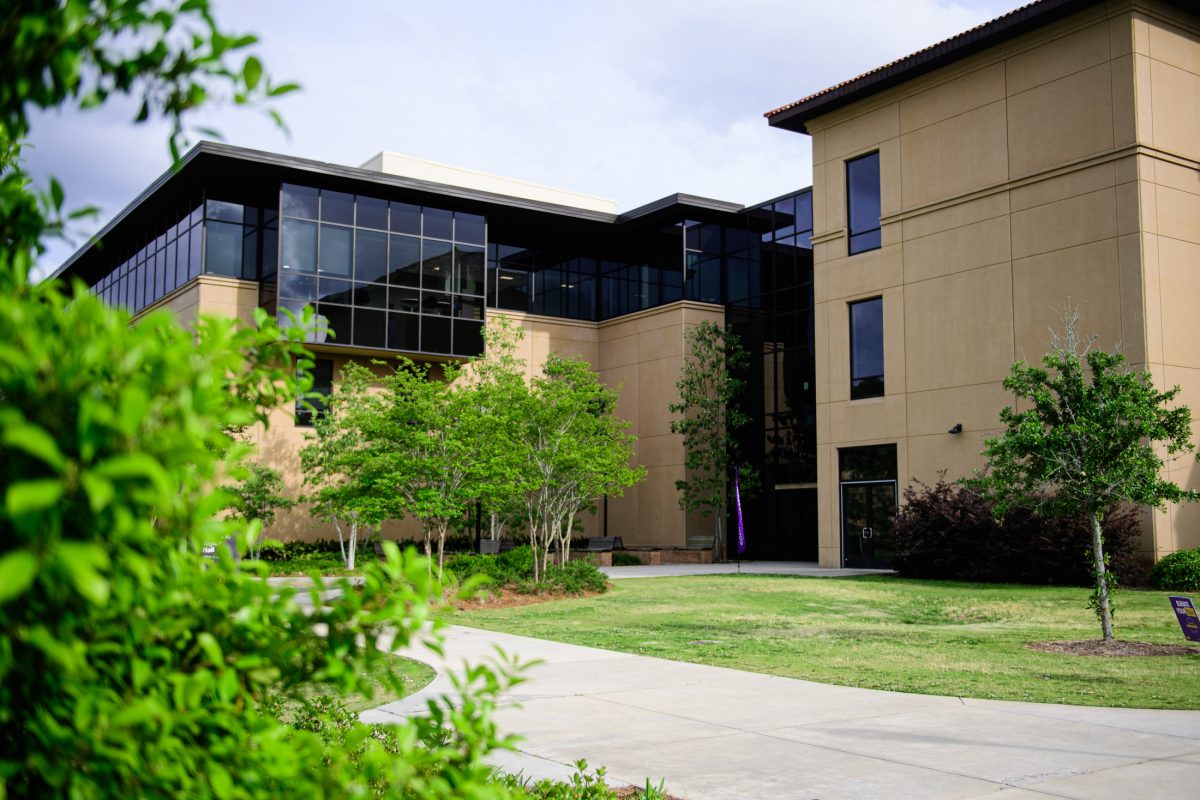The National Science Foundation awarded a $1.2 million grant to a LSU-Southern research team for their progress in cybersecurity for electric vehicle chargers.
At LSU, the research team is headed by Elias Bou-Harb, associate professor in the LSU Division of Computer Science and Engineering, while at Southern, computer science department professor Sudhir Trivedi leads the project.
Bou-Harb said that he and his team happened across the cyber vulnerability accidentally. They’d been looking at the security of camera systems, including ring lights, baby monitors, laptop cameras and more. They were mostly looking at exploitation of smart devices, he said, even in the extreme case of using a smart device to impose upon a larger system like a power grid or water supply.
Many suppliers of things like computers, cell phones and other cyber products tend to hurry through the vetting process, Bou-Harb said. Output is usually more important than testing the security of these products.
When Bou-Harb’s team discovered the vulnerability in electric vehicle charging stations, they reached out to 32 vendors to address the security issues, but only a small percentage of them ever responded and less took the threat seriously.
In this case, Bou-Harb and his team were not only able to hack into an individual electric vehicle charging station, compromising the vehicle and gaining access to the user’s money and information, but they could also arrange a coordinated attack on a power grid using multiple charging stations. They found they were dealing with a pretty big problem involving a product that was already on the market, in use and growing fast.
At the end of 2023 there were 3.3 million electric vehicles on U.S. roads, according to an Experian Automotive Market Trends report, and they are only projected to grow in popularity.
Bou-Harb said that he’s most excited that he can see the results of the team’s research in real time. “You’re not just working on a, you know, kind of theoretical problem,” Bou-Harb said.
LSU partnered with Southern University and a handful of other minority institutions in an effort to secure these charging stations, but also to increase research opportunities for minorities.
The research team consists of a small, competitive group. At LSU, there are only four or five Ph.D.s and the team expects maybe two more hires, Bou-Harb said. It’s tight, but he says the hands-on opportunities are unbeatable.
“It’s a big deal because your research is no longer just on paper,” Bou-Harb said. “You’re impacting security, physics – you see it.”
Another goal of Bou-Harb’s team was working on creating a “vetting entity” that vendors could trust to test their software. Their program would be similar to the cybersecurity software Crowdstrike, but with more attention to detail before products are put on the market.
“So we are doing the kind of software analysis to make sure that we give it a checkmark before actually you deploy it there because if Crowdstrike was able to mitigate all of this, then you know,” he said, “we wouldn’t have this problem.”
The work the group is doing will positively contribute to society, Bou-Harb said, “and that’s what’s important, I think, at the end of the day.”





